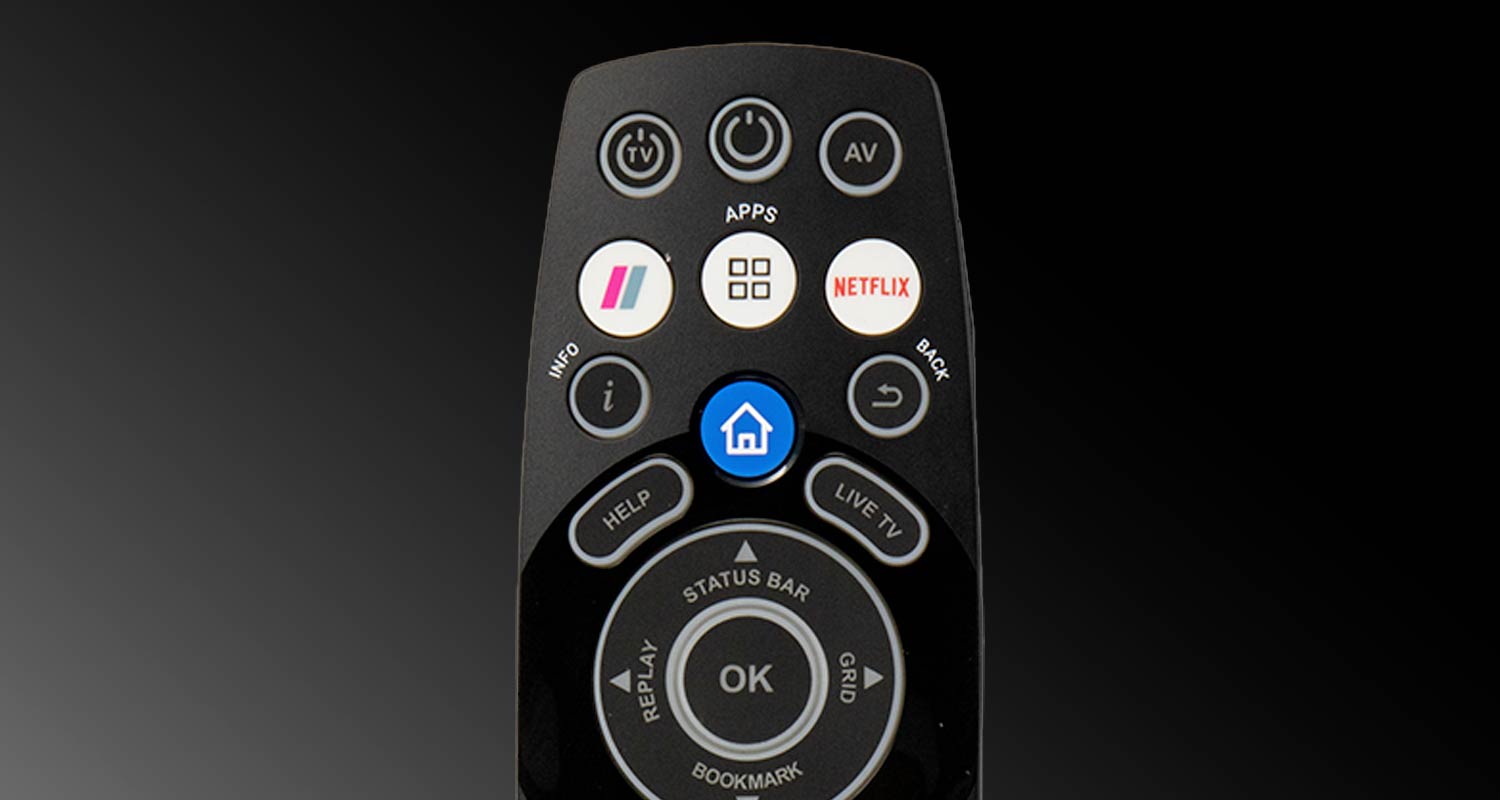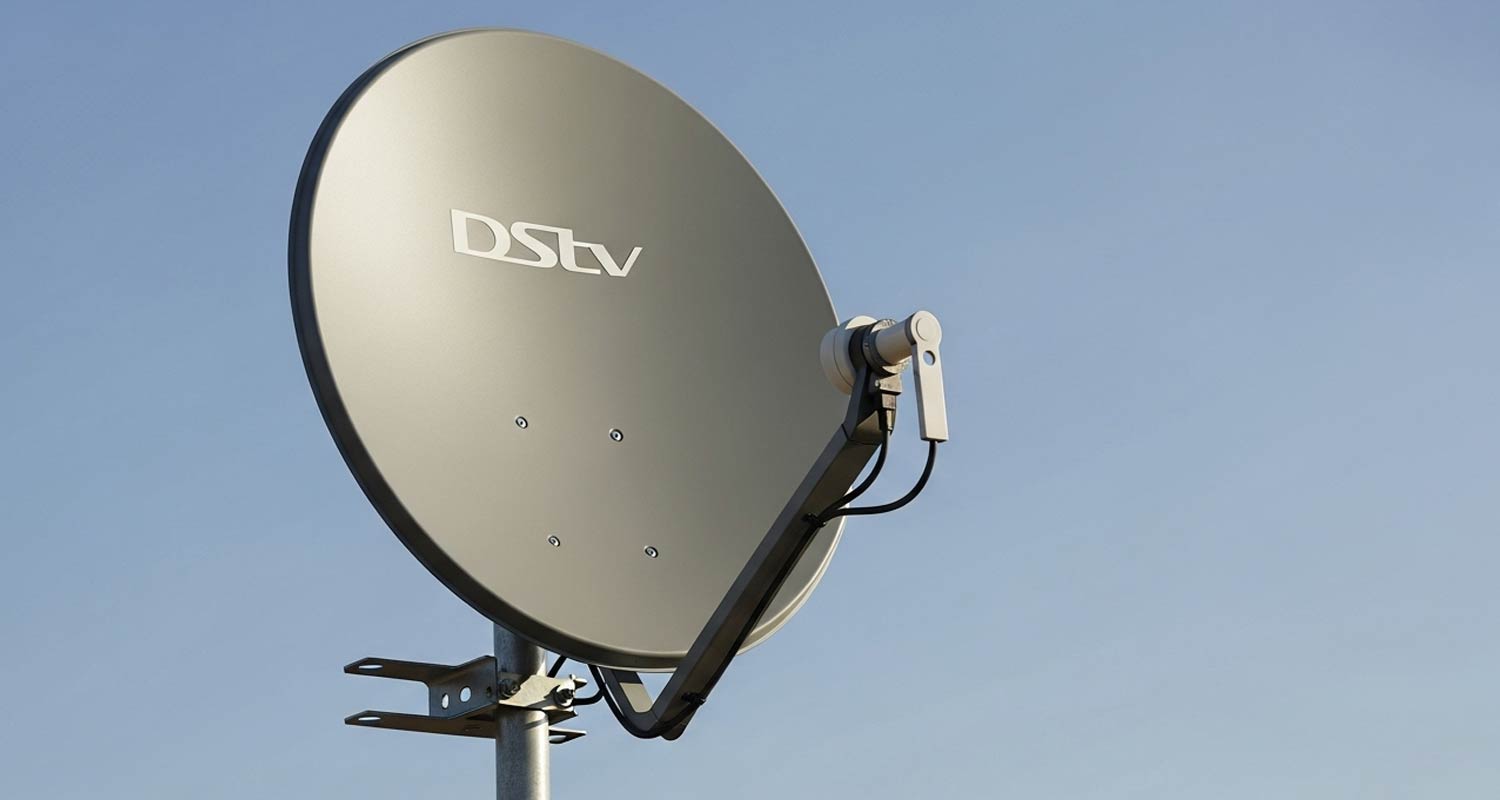 DStv celebrated its 30th anniversary on Monday, marking a milestone in South African broadcasting history.
DStv celebrated its 30th anniversary on Monday, marking a milestone in South African broadcasting history.
From humble beginnings in a caravan in Randburg, DStv’s parent – MultiChoice Group – has grown into a pan-African pay-TV powerhouse, now reaching more than 14 million homes across the continent.
When it launched on 6 October 1995, the service – backed by Naspers – offered just 16 channels. Today that number stands at 142 on its range-topping Premium bouquet.
The platform’s history mirrors South Africa’s own media evolution. The 1990s brought local favourites such as Carte Blanche, Egoli and KTV; the 2000s saw the launch of KykNet and Africa Magic; and more recent years have produced shows like Shaka iLembe. Several DStv productions have earned International Emmy nominations.
Sister company SuperSport – also turning 30 this year – has been a fixture in South African homes over three decades, broadcasting major sporting events, from the 1995 Rugby World Cup to South Africa’s four World Cup victories and multiple Olympic golds.
Over the years, DStv has introduced a series of firsts for the region, including Africa’s first personal video recorder (PVR) decoder, high-definition broadcasts, BoxOffice on-demand movies and, more recently, the DStv Stream app.
New chapter
Parent MultiChoice now finds itself in a new chapter following the recent conclusion of the acquisition by France’s Groupe Canal+. That’s expected to accelerate investment in local content, live sport and streaming technology as the group adapts to shifting viewer habits and rising competition from international platforms.
For much of its existence, DStv enjoyed what was effectively a monopoly over South Africa’s pay-TV market. From the mid-1990s through to the 2010s, the platform dominated local pay broadcasting, bundling premium international content, local productions and sport behind a single subscription wall.
Competitors such as On Digital Media’s TopTV (later StarSat) never managed to gain meaningful traction, and it’s faced the threat of regulatory investigations over the years because of its powerful market position. Strong relationships with Hollywood studios and exclusive sports rights – especially rugby, football and cricket – cemented DStv’s dominance and gave MultiChoice a near-unchallenged grip on the market.
Read: DStv’s French reboot
That era is now ending. Global streaming platforms have broken open the landscape. Netflix, Amazon Prime Video, Disney+ and Apple TV+ have steadily chipped away at DStv’s once-loyal subscriber base, offering cheaper, on-demand content without the need for decoders or long-term contracts. Locally, eMedia has challenged its dominance in satellite broadcasting with the free-to-air Openview.
MultiChoice responded to the threat from international streamers with Showmax, but it’s burning through money and is now facing a review by new owner Canal+.
 South Africans have more choice than ever, and many are questioning the value of traditional pay-TV subscriptions in an age of broadband, smart TVs and mobile streaming. DStv’s 30th anniversary comes at a moment of industry transition – where streaming, broadband access and global competition are redefining television entertainment.
South Africans have more choice than ever, and many are questioning the value of traditional pay-TV subscriptions in an age of broadband, smart TVs and mobile streaming. DStv’s 30th anniversary comes at a moment of industry transition – where streaming, broadband access and global competition are redefining television entertainment.
So, amid the anniversary celebrations lies a tougher narrative: the DStv platform now faces serious structural challenges, rising competition and shifting viewer habits.
In its latest financial year, MultiChoice lost about 1.2 million linear pay-TV subscribers (8% of the base) – half of them in South Africa – as households cancelled under economic strain. Revenue declined by 9%.
The acquisition by Canal+ has been positioned by management as a defensive move against global streaming giants. MultiChoice argued in the competition hearings into the deal that combining forces would give the two companies the scale they need to compete more aggressively with Netflix and others.
Still, the acquisition isn’t a silver bullet. Challenges remain: balancing legacy pay-TV assets with streaming investments; managing costs; preserving local content leadership; and delivering value to a fickle subscriber base that increasingly has a wide range of video entertainment options available to them online.
Still, let’s not take away from the fact that MultiChoice is a South African success story. Despite its current challenges, DStv remains one of South Africa’s great homegrown technology and media successes.
From scratch
Built from scratch in the mid-1990s by a small but passionate team, it pioneered digital satellite television in Africa long before streaming or fibre broadband existed.
For years, it built South African technical expertise, created a pipeline for local storytelling, and helped professionalise the region’s film, news and sports production industries. It’s had a wild ride so far – and there’s no doubt a lot more to come. – © 2025 NewsCentral Media
Get breaking news from TechCentral on WhatsApp. Sign up here.



